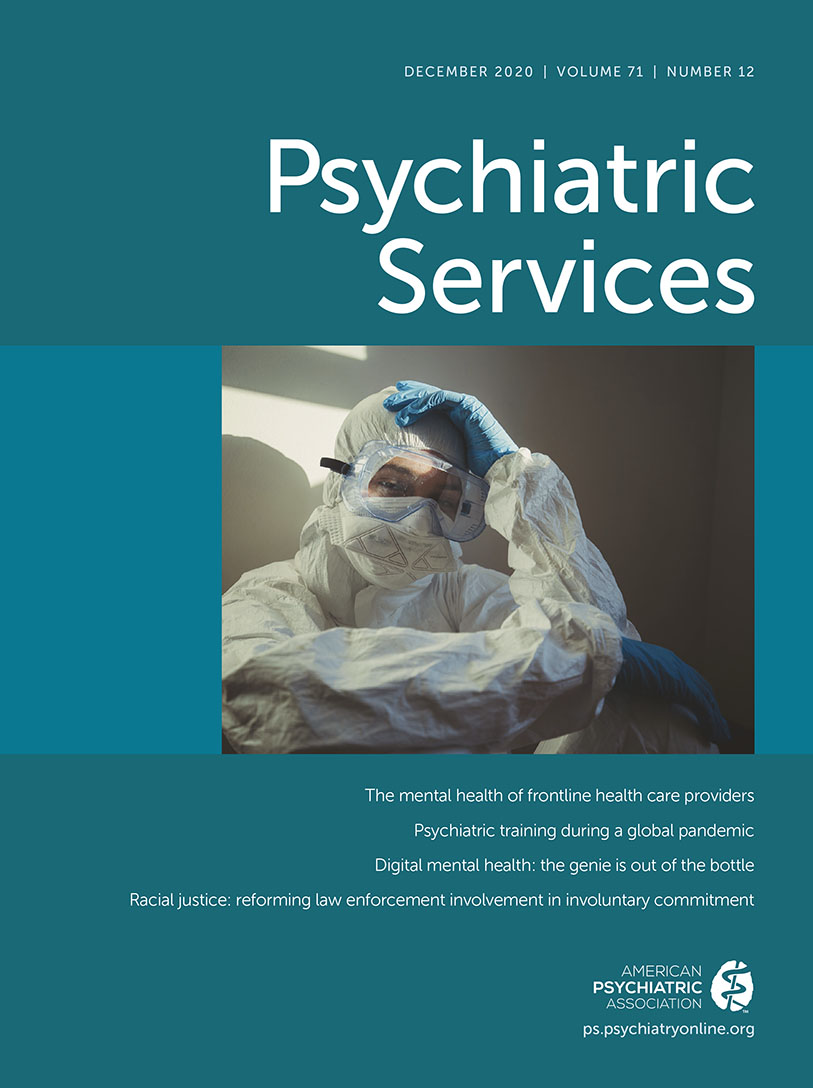Air Pollutants and Daily Hospital Admissions for Psychiatric Care: A Review
Abstract
Objective:
Air pollution is a major environmental risk to health. Ambient (outdoor) air pollution in both cities and rural areas was estimated to cause 4.2 million premature deaths worldwide in 2016. In this review, the authors sought to briefly summarize original research investigating the short-term effects of air pollution exposure on mental health.
Methods:
A systematic search of the electronic databases PubMed, Scopus, and Web of Science was conducted (from any time until March 4, 2019) to identify research studies reporting associations between daily levels of air pollutants and daily admissions to hospitals or emergency departments (EDs) for psychiatric disorders and symptoms. A final set of 19 articles was reviewed.
Results:
The results of all selected studies showed statistically significant associations between daily hospital admissions and ED visits for mental disorders and daily levels of some or all air pollutants considered, including particulate matter (PM) of variable sizes (in micrometers given in subscripts; PM2.5 and PM10), sulfur dioxide, carbon monoxide, nitrogen oxide, and ozone. The strongest and more consistent evidence across studies was found for PM2.5 and PM10.
Conclusions:
The results summarized in this review extend the evidence that air pollution may contribute either to worsening of psychiatric symptoms or to the decision to seek treatment for a large group of mental diseases and conditions, including severe psychiatric disorders such as schizophrenia and depression.



